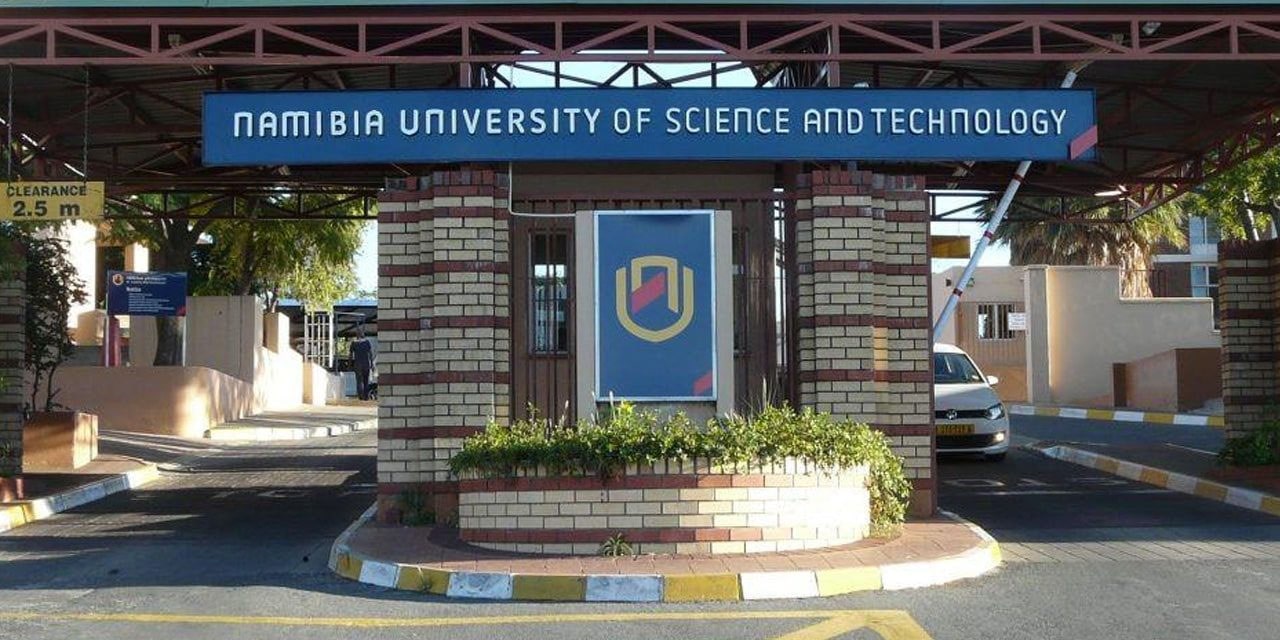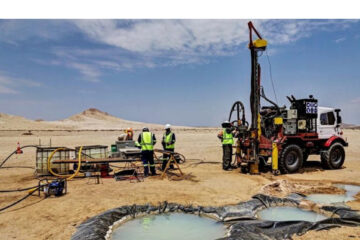Eba Kandovazu
AS of next year, Namibians wanting to further their studies at the Namibia University of Science and Technology (Nust) will no longer have to worry about traveling hundreds of kilometres to Windhoek if they do not wish to do so, as the university aims to establish a satellite campus in the town of Eenhana, Ohangwena next year.
The campus will open its doors in the next academic year with an assortment of programmes, with particular focus on Rural Development, Natural Resources Management, Agriculture as well as Technical and Vocational Education Training (TVET). The university will reportedly temporarily make use of the Billy William Mwaningange Rural Development Centre at Eembaxu as a temporary satellite campus.
Despite the fact that Ohangwena is one of the most densely populated regions in Namibia, there are no institutions of higher learning, with the exception of the Eenhana Vocational Training Centre (EVTC).
In a consultative meeting between the Ministry of Urban and Rural Development, Ohangwena Regional Council and Nust to discuss the use of Billy William Mwaningange Development Centre as a temporary satellite campus, Minister of Urban and Rural Development Erastus Uutoni said the move is a development, which should be impressed by all. He added that once the University opens its doors, it will cater for many Namibian students and not only from Ohangwena.
“It should not be viewed as an Ohangwena University, it’s not about regionalism, it should be viewed as a university for all, national and international students,” Utoni said.
On his part, Governor of Ohangwena, Walde Ndevashiya, who was also in attendance, said the expression of interest by Nust to use Billy Mwaningange RDC as a temporary Satellite Campus is a milestone.
“The idea of bringing tertiary institution to the region is a step in the right direction in speeding up the much needed development mostly in rural areas.”
Nust Vice-Chancellor, Dr Erold Naomab, expressed his confidence in the project’s success saying the project will then be in two phases, focusing on programme offerings and infrastructure development.
He added that Nust is strategically poised to become a high education of choice in Ohangwena and surrounding regions. Having recognised the challenges that unregulated rural-urban migration places on urban development, the establishment of the satellite campus can support the development priorities of service expansion to rural areas and as such, reduce costs of access to higher education for communities, which the satellite campus brings. It could also have the added benefit of creating employment opportunities, he stressed.
The establishment of the satellite campus is a strategic move to support and contribute to the economic and social development of the region by offering diverse educational programmes, tailor-made, demand driven short courses and executive education to serve the local communities and develop the local industries, foster community based opportunities for innovation and entrepreneurship.
“It will allow Nust to drive rural development, eliminate barriers to high education by bringing it closer to the people. It will not just be bringing higher education closer, but it will bring Executive Education, Agriculture, Livestock Farming, Horticulture, Youth Empowerment and Employment Creation, Food Security and Natural Resource Management,” he said.
The Satellite campus will host at least 60 programmes ranging from Certificates to PHD programmes and a minimum of 50 short courses over a period of 10 years. The enrolment numbers for the study programmes are expected to start with around 1000 students and projected to grow to over 6000 in 10 years. As for the short courses, the projections start at 2000 students in 2022 with the aim to reach over 14,000 by 2031.




